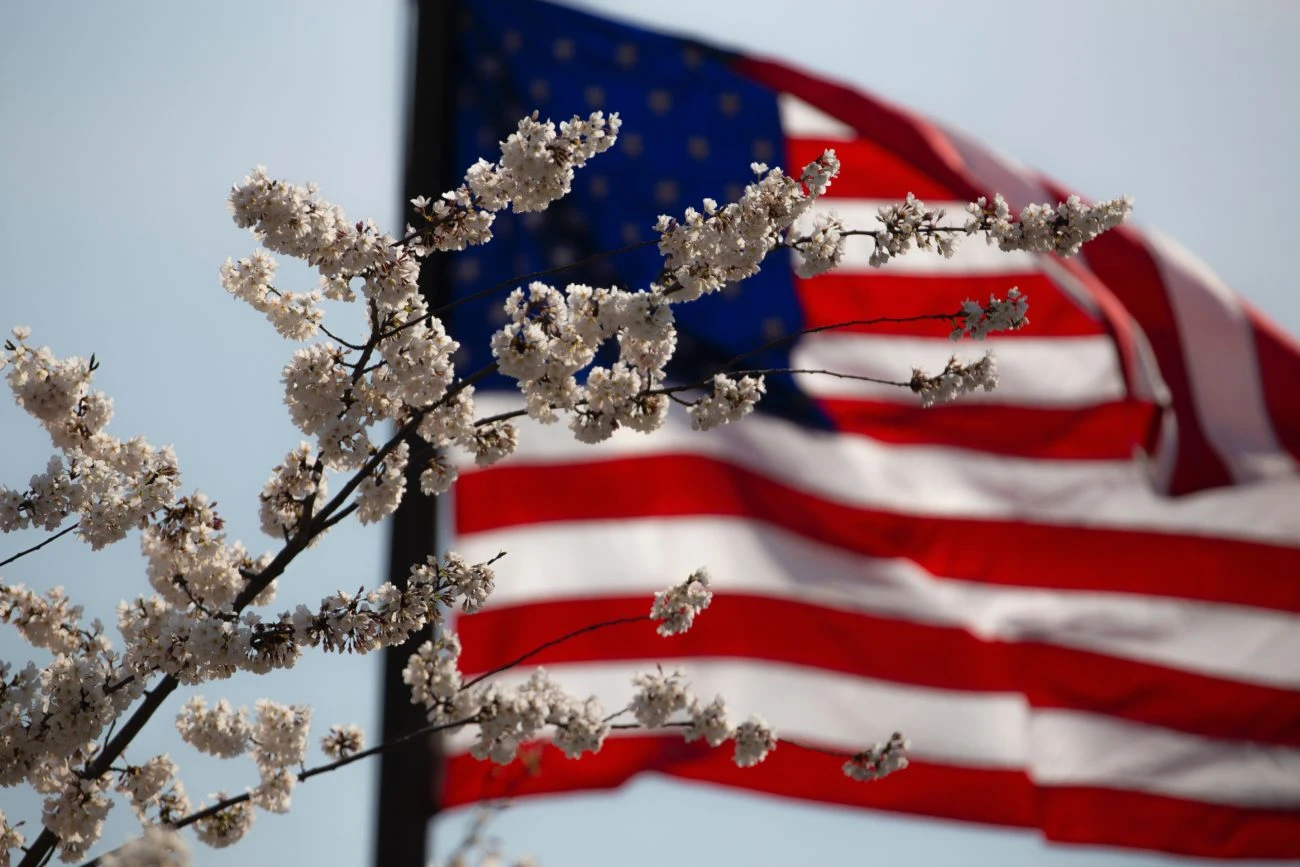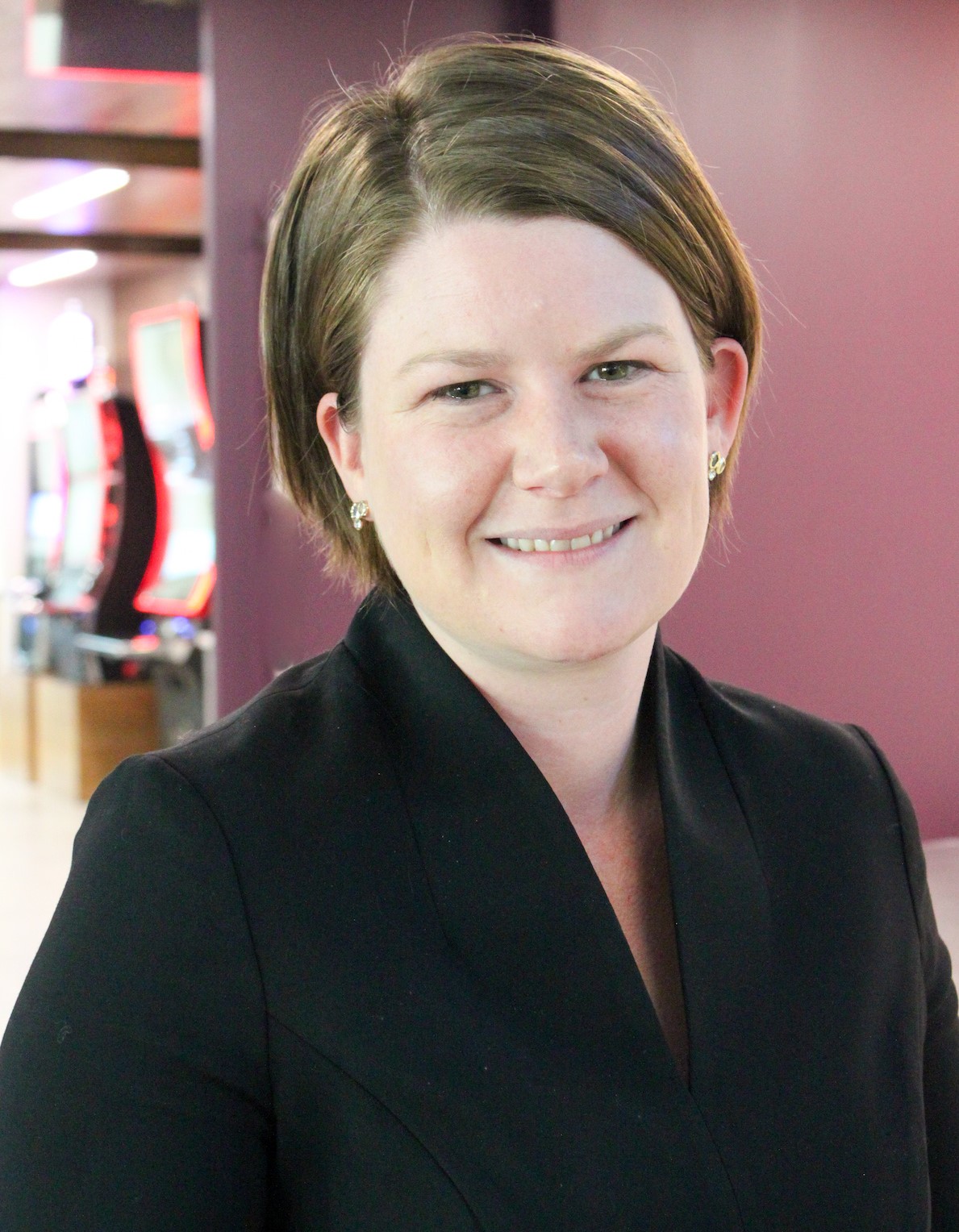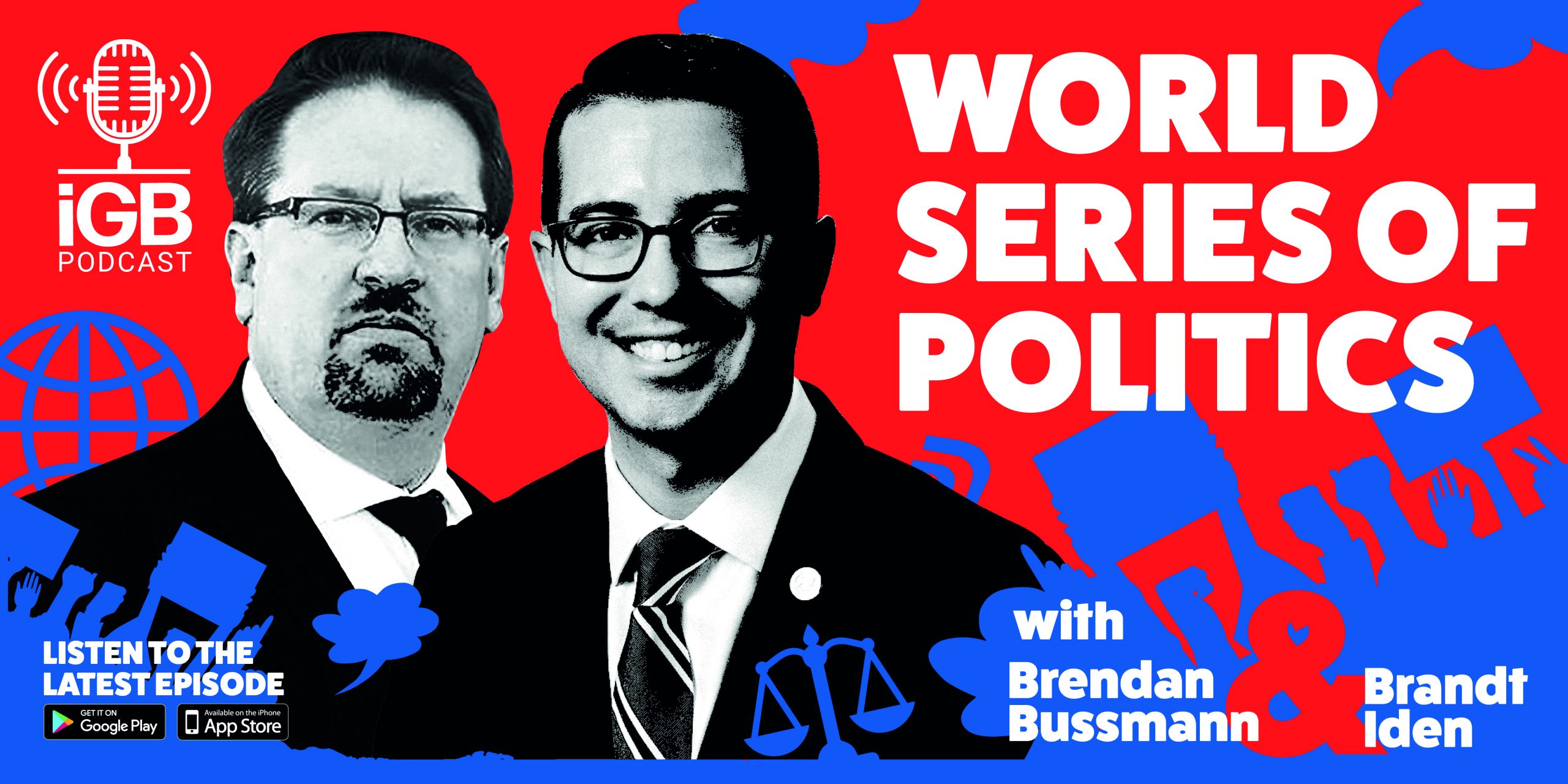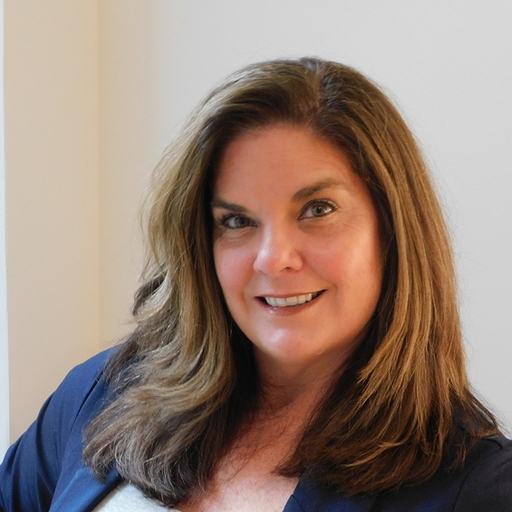PGAM 2024: How is the industry raising RG standards?

Following the repeal of the Professional and Amateur Sports Protection Act (PASPA) in 2018, gambling fever has swept large sections of the US, with 40 jurisdictions since taking up the option to offer legal wagering.
The National Council on Problem Gambling (NCPG) launched PGAM in 2003 with the aim of raising awareness on the issue. Since its inception, and particularly post-PASPA, the event has marked an important month in the calendar in the fight for responsible gambling (RG).
Chrissy Thurmond, head of RG relations at DraftKings, hails the influence of PGAM in helping the gambling industry to combat irresponsible play.
“One of the things that has been really beneficial for the whole industry to see is the impact that PGAM has had across the board, not only with operators, but with academics, with clinicians, with people who engage in the online space in particular,” Thurmond explains.
“Across the US, I think the knowledge about PGAM and the information around PGAM has really gotten to a place that is quite embraced and people look forward to really engaging with that across the US.”
This year’s edition also marked something of a milestone for the industry. On Wednesday (27 March), Thurmond’s DraftKings was among seven leading North American operators to join forces and launch the Responsible Online Gaming Association (ROGA).
DraftKings, along with fellow giants such as FanDuel and Fanatics Betting & Gaming, is committing upwards of $20m (£15.8m/€18.5m) over the first year to support ROGA’s aims of promoting best RG practices and education on the topic. Jennifer Shatley, an RG pioneer who worked on Caesars’ first responsible gambling programme in the late 80s, serves as executive director.
The beginnings of the gaming expansion backlash
Not everybody is effusive in their support for ROGA and, as betting availability increases across the US, so does the criticism of the industry.
The Campaign for Fairer Gambling (CFG), for instance, is questioning whether ROGA will make attempts to support the Gambling addiction Recovery, Investment and Treatment (GRIT) act, which aims to allocate 50% of preexisting sports betting excise tax towards problem gambling help.
A CFG tweet describes ROGA as a “desperate response” to mounting media pressure on operators to do more in the fight for RG. This forms part of a wider backlash from the pressure group looking to slow the pace of gaming expansion, involving targeted press criticism similar to reform campaigners in Great Britain.
Its ultimate goal appears to be a push for federal oversight, in spite of PASPA’s repeal ultimately making sports betting a states’ rights issue.
To accept CFG’s arguments is to accept the industry simply can’t do enough to protect its consumers. However, there is a concerted effort, spanning multiple operators, to ensure a higher level of protection.
Stigma putting the brakes on RG progress
First, it’s important to consider the challenges operators face in reducing gambling harms. Perhaps the highest obstacle to overcome in terms of US problem gambling is the stigma surrounding the issue. For all of the heightened awareness, levels of problem gambling won’t alleviate if player attitudes aren’t changing towards the adoption of RG tools designed to help players betting beyond their means.
One of the dominant viewpoints raised is that RG tools are seen as only applicable for those with a problem, as opposed to all players utilising them to maintain an entertaining outlook on gambling, rather than a hobby that can get out of hand to financial and personal detriment.
Rachel Gundy, head of product at Betr, says: “How we’ve historically talked, particularly in the US, is that responsible gambling has been used to refer to problem play.
“It’s important that we start to reframe or rebrand responsible gaming and player protection so that it means a toolkit and a strategy for everyone, wherever you fall on the spectrum of risk.”
Rise in awareness a positive
For Jessica Feil, vice president of regulatory affairs and compliance at OpenBet, the rise in awareness of the dangers of problem gambling in the US can only be a good thing as players move from the “shadows” of the black market into regulated play.
“We’ve seen the biggest expansion of gambling in US history and that has led us to a lot of information and learning a lot about the levels of problem gambling in the US,” Feil says.
Data pushed by reformists suggests there is a rise in unhealthy gambling behaviours. However, Feil argues this misrepresents the issue.
“We’re seeing more prevalence of [problem gambling]. Not because there is more prevalence, but because we’re identifying it better, and that’s a good thing because that means we can then take the next step as an industry to get people help and resources that might not have been available to them before.”
State collaboration can ensure national coverage
The strongest gambling regulatory regimes in the world largely have overarching rules across entire populations. But the bigger the market the more difficult these are to impose, especially in the US’ framework of 50 sub-jurisdictions.
That may suggest an absence of more comprehensive measures, bringing a number of complexities to the surface.
Gundy and Feil both highlight the lack of a national self-exclusion list, meaning those who live near borders and self-exclude can often simply cross a state line and gamble somewhere else.
Betr has its own solution to that problem, however “Betr takes a hard line, so if you are excluded in one state, we exclude you nationally,” Gundy explains. But that’s not mandated by regulations, and it’s an area where states could work together more effectively to protect vulnerable users she suggests.
Feil adds there is a vast array of different helplines designed to help problem gamblers in their time of need.
“When you see an advertisement for sports betting on TV or something here in the States, you might see 12, 13, 14 different numbers for help,” she says.
Progress is being made, through the 1-800-GAMBLER helpline. Operated by NCPG, 1-800-GAMBLER now covers all 50 states and US territories and generally recognised as the national helpline number for problem gambling in the US.
All about the evidence: The need for further research

But these solutions are targeting a problem without fully understanding its scope.
The Gambling Survey for Great Britain (GSGB) was partly designed to ascertain the levels of problem gambling in Great Britain. In other European countries such as Germany and France, extensive surveys have been carried out to establish the number of black market players.
In the US, though, the NCPG has carried out just two national surveys on gambling attitudes and experiences since 1999. The last came in 2021 and it’s currently unclear when its next research will take place.
In Thurmond’s view, this is an area that needs rectifying if the US is to fully clarify how common problem gambling is. “Research is a core tenet of a responsible gaming programme and I think supporting research is imperative,” she says. “It’s one of the ways that we are going to be able to understand and glean valuable insights to what is actually happening in the US.
“We really feel that, in order for us to have an impact and move the needle, we need to be doing what we say we’re doing, which is supporting evidence-based research and supporting the researchers that do that hard work.”
Research provides the foundation
Gundy believes research on the number of problem gamblers will provide the platform to really drive RG efforts in the US. However, she also feels there should be further studies into aspects such as early education, the effectiveness of specific RG tools and how operators can best communicate with gamblers to drive the most engagement with players.
For Feil, this research “helps us understand prevalence. It helps us understand trends. It helps us understand who’s most vulnerable and the best ways to support them and help people when they need it.
“But at the same time, we need to know that they’re effective and that we’re reaching the right people. So, more research is going to continue to be really important so that we can get better at quickly identifying that problem gamblers are getting the support they need.”
How are companies tackling the problem gambling issue?
Betr, DraftKings and OpenBet are among the US gambling companies hoping to lead the way in the fight for a safer gambling environment for players, with all three running initiatives to combat problem play.
DraftKings, for example, has engaged in two RG-driven moves within PGAM alone, looking to help players better analyse their play and overcome the issue it sees in players not having easy access to RG tools.
The first saw the launch of its My Stat Sheet tool, a resource designed to clearly outline players’ habits and help them to make data-driven decisions in regards to RG. The second was the expansion of its link with Kindbridge Behavioral Health, which will provide clinical help to bettors facing problems.
Thurmond explains the importance of the two deals in DraftKings’ aim to spearhead the fight for RG. “We feel that this has really planted the flag in the environment so that we have been able to set the standard and really set the pace so that our peers across the industry will join and engage with us.”
Suppliers take the lead on RG
While OpenBet is a supplier rather than an operator it is taking an active role in reducing gambling harms. Last June it acquired responsible gambling, anti-money laundering (AML) and fraud detection technology specialist Neccton as it bids to expand its RG efforts by overcoming the lack of research on the topic to make it easier to identify problem play.
Europe-based Neccton has been operational for over 15 years. Feil trusts that experience will prove hugely beneficial to OpenBet’s key company pillars of protecting players, especially in the US.
“The best thing about it is that Neccton is all driven by academic research and evidence,” Feil says. “You can identify trends and sort of spot what the trouble issues are going to be and start working with them to make sure that they stay on the safe side and make sure it stays entertaining for them.
“The product has been live in Europe for over a decade. And we’ve been working to educate US regulators and the US industry about the power here and what we could do and how much we can do to really make RG a normal part of player behaviour.”
Embedding RG in onboarding
For Betr, co-founded by influencer Jake Paul, the operator is aware of its particular appeal to younger audiences and has subsequently taken action to safeguard that potentially vulnerable sector since its inception in 2022.
For instance, Betr prompts all users to turn on RG tools during onboarding, and for those aged 21-25, a monthly deposit limit is set automatically when joining. Bettors are prohibited from using credit cards, while the operator leverages its media arm to push player protection efforts.
Betr’s efforts are working to some effect, too, with a third of its user base actively using RG tools, showing that stigma can be overcome, especially among younger bettors, by simplifying access.
Additionally, Gundy explains the advantages of Betr’s recent deal with Birches Health, where players can use a direct link via the settings section of the operator’s app to access betting limits, RG resources and a connection with professional support.
“It was an opportunity for a really fruitful partnership where if you need to get off this app, we want to get you off the app and get you help,” Gundy outlines.
Innovation and collaboration can drive RG progress
Technology is key tool in how companies can identify problem play in a more efficient manner while meeting players in a familiar online environment.
However, both Gundy and Feil believe there is still potential for technology usage to improve further to help combat problem gambling.
“We’ve fallen into a historical bias where we’ve had a standard set of tools for a long time,” Gundy says. “We’ve failed to ask the question of if they are still the right tools even though our audience has changed.”
Feil adds: “It’s a learning process for every company and something we’re constantly inspecting. I think beyond just sort of taking and bolting on these new technologies and things like that, it’s about going back to your core technologies and saying, ‘Right, what does and doesn’t work?’”
How can operators work together?
Any successful RG strategy spread across a nation as vast as the US requires collaboration between gambling companies to piece together a safe environment for players to enjoy betting.
This is an area where Thurmond is of the opinion that real progress has been made, with would-be competitors working towards a common goal, much in the way that ROGA will attempt to do.
On education, though, efforts must be stepped up between operators in Gundy’s view.
“The awareness for gambling has risen, but our early education efforts have really remained flat, specifically around player protection,” she declares.
“So, for me personally, this is an operator call to action where we need to find ways to be advocates and partners with the regulator to drive these early education efforts.”
“Little steps” of progress
While Thurmond, Gundy and Feil all agree that progress has been made on RG in the US, they are under no illusions that it’s a constantly evolving process in which there’s still work to be done.
For Thurmond, technology is set to be the area in which DraftKings focuses its efforts.
“I do think that DraftKings are innovators,” Thurmond concludes. “I think it will be ever evolving, but I’m really optimistic about the future.
“I’m really hopeful and very positive in the way the US is taking a look at responsible gaming and incorporating it and I’m looking forward to seeing how innovative we can get.”
Feil believes every company can always do better, but acknowledged progress can only be made in “little steps”.
Optimism seems to be high among US gambling companies in the fight against problem gambling, even at a time when the industry faces its first backlash.
By the time PGAM rolls around again in just over 11 months, there’s a belief that those “little steps” Feil referenced will have been made to further protect vulnerable players with movements such as ROGA.




